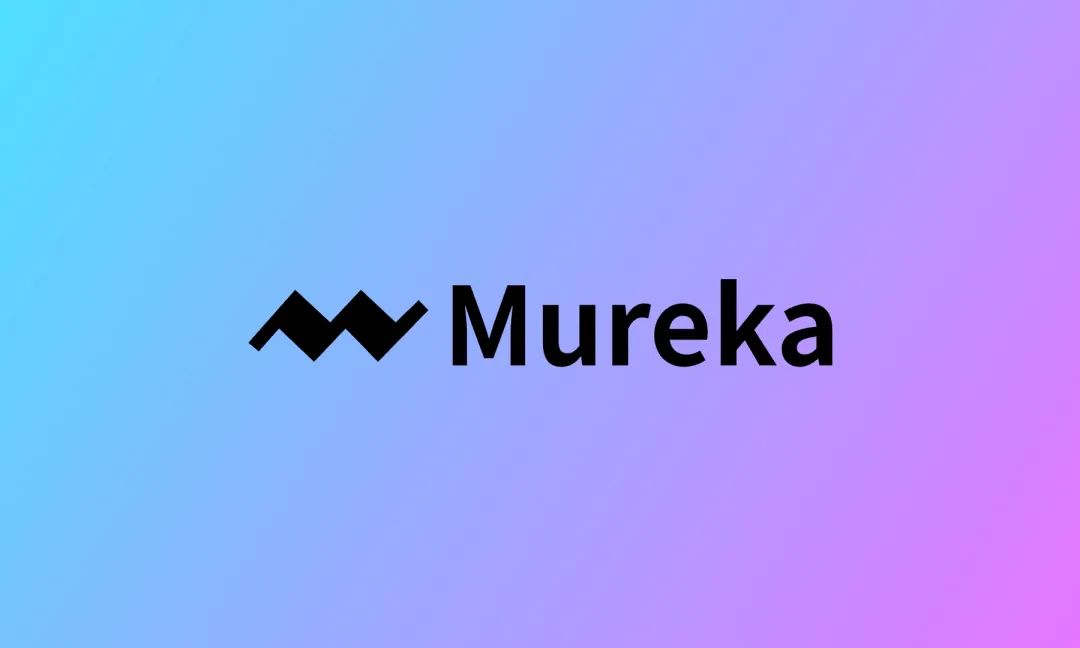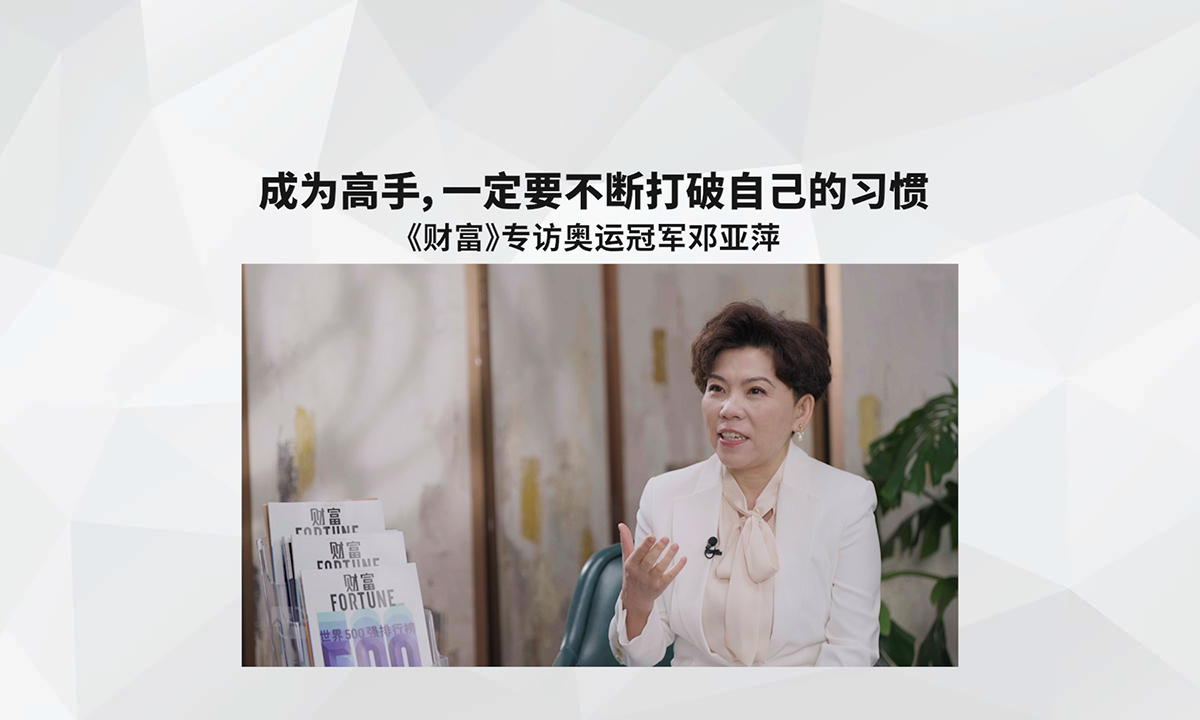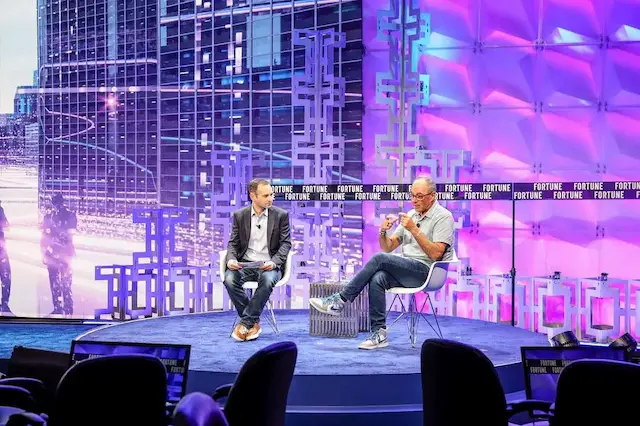为什么员工和董事会都爱他,投资者却要逼他下台?
|
科斯特洛在Twitter任职期间得到的教训非常明显:不要轻易上市,除非公司已经具备足够的盈利能力,且实现了疯狂增长。比如,后面这种情况适用于Facebook,他们已经取得了成功,其股价每年上涨31%,失败的IPO早已成为遥远的回忆。但是,Etsy等其他一些上市公司经过一番磨难后,却得到了反面教训。去年12月份,Twitter联合创始人埃文·威廉姆斯曾批评华尔街的短视主义。他对《财富》杂志表示:“华尔街根本不明白,到底是什么在为这个世界创造价值。”
华尔街对Twitter存有诸多不满:公司不盈利;诸如每月活跃用户数量这类关键指标均无增长;Twitter没有达到Snapchat或Instagram那样的主流化程度。产品容易造成混淆。广告也没有足够吸引力。就连一位声称为Twitter“费尽心血”的早期投资者,也发表了一篇颇具学术价值的文章,措辞强硬地要求公司做出改进。投资者开始感觉到,Twitter注定是一家永远无法发挥潜力的公司。
相比私有公司,如今的Twitter会受到更严格的审视。而在公众看来,科斯特洛为平息投资者的不满而做出的尝试还远远不够。比如,Twitter一直没能对其主要产品做出有意义的改进。正如我的同事马修所指出的那样:
“Twitter有不少于5位产品总监,但没有一个人能够提出一个明晰一致的愿景,也无法得到董事会和CEO的支持,因为高层更关心如何保护股价和风险投资者的利益。”
科斯特洛为保护股价所做的努力也不成功。Twitter上市之后的收益每年翻一番,这可以说是了不起的成绩。但这些收入并没有带来投资者要求的利润。
更糟糕的是,Twitter已经失去了吸引新用户的魔力——在艰苦的创业初期,Twitter之所以能够一路前进,靠的便是对用户的吸引力。科斯特洛甚至试图改变对用户增长的表述方式和考量,他强调在互联网上中看到推文的人数(5亿人),而不是实际使用Twitter的用户数(不足3亿人)。该公司甚至还计划从这些“未登录”用户身上产生收益。
但对于这种策略,投资者并不买账。外界并不确定它是否得到了CEO的支持。科斯特洛在上周的媒体电话会议上表示,在辞职之前,他曾在去年11月份和今年2月份两次提出过辞职。他的第三次请辞终于获得了董事会批准。
在整顿公司和带领公司上市方面,或许没有人能比他做得更好。但在取悦投资者方面,或许没有人会比他结果更糟。唯一可以确定的是,投资者早已不再信任科斯特洛。而一旦失去信任,他做任何事情都不再重要。在一家备受关注且估值如此之高的上市公司,CEO几乎不可能有第二次机会来重新赢得投资者的信任。投资者是善变的,所以,一旦你成为投资者攻击的目标,便不可能有翻身的机会。一个明证是,科斯特洛宣布辞职的消息传出后,Twitter股票在盘后交易中上涨了4%。(财富中文网)
译者:刘进龙/汪皓 审校:任文科 |
The lesson of Dick Costolo’s Twitter tenure is clear: Do not go public unless you are wildly profitable and growing like gangbusters. That strategy has worked out well for Facebook, its stock rising 31% each year and its a bungled IPO a distant memory. Others, like Etsy, On Deck Capital, and Castlight Health are all learning this lesson the hard way. In December, Twitter co-founder Evan Williams scolded Wall Street short-termism. “Wall Street does not have a sophisticated understanding of what creates value in this world,” he told Fortune.
Wall Street’s complaints for Twitter are myriad. It isn’t profitable. Its key metrics, including monthly active users, aren’t growing. It isn’t mainstream enough, like Snapchat or Instagram. The product is confusing. The ads aren’t that compelling. Even Chris Sacca, an early Twitter investor who says he “bleeds” Twitter’s signature aquamarine, has acollege essay’s worth of strongly worded suggestions for improvement. It’s beginning to feel like Twitter is doomed to live forever as company that can’t fulfill its potential.
Costolo’s attempts to address the complaints in the public’s eye—subject to more intense scrutiny than Twitter had as a private company—have fallen short. With regard to its primary product, for example, Twitter has struggled to create meaningful improvements. As my colleague Mathew Ingram pointed out on Thursday:
“There have been no less than five heads of product at Twitter, and none were able to put together a consistent vision and get buy-in from a board and a CEO who were more concerned about protecting the stock price and their venture backers.
Costolo failed at doing the things that protect a stock price, too. Twitter doubled its revenues every year it was a public company, which is an impressive feat. But it never turned a profit, which is what investors demanded. Worse, Twitter lost its magic ability to lure in new users—the very thing that propelled it through its rocky early years. Costolo even tried to shift the narrative on user growth, pointing to the number of people who see Tweets embedded around the Web (500 million) instead of how many people actually use Twitter (just under 300 million). The company announced plans to begin monetizing those “logged-out” users. Investors didn’t buy the strategy. It’s not clear even Costolo bought it. Before his resignation this week, Costolo offered to resign last November, and again in February, he said on a media call Thursday. The third time, the board agreed.
It’s possible no one could have done a better job at cleaning up Twitter and taking it public than Dick Costolo. It’s also possible anyone could do a better job of making investors happy than him. The only clear thing is that investors decided long ago that they’d lost faith in Costolo. Once that happens, it wouldn’t have mattered what he did. For a public company as high profile and highly valued as Twitter, it’s nearly impossible for a CEO to win the faith back. Investors are fickle, so if there’s a target on your back, you’re as good as dead. Want proof? Twitter shares were up 4% in after-hours trading on the news of Costolo’s resignation. |











